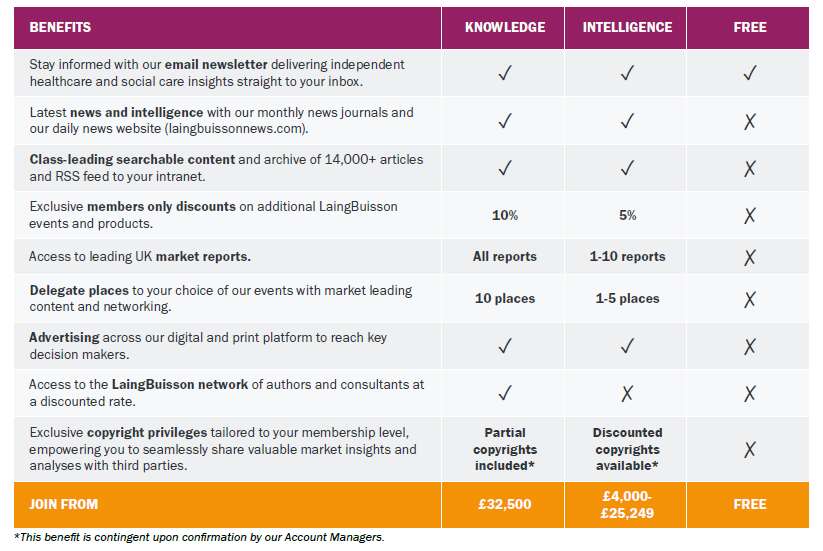New LaingBuisson report casts light on the best practices within population health globally
LaingBuisson have launched the first edition of Population Health Management global market report in association with McGrigor Group.
This insightful report looks at how population health is managed in different regions and countries around the world, studying the solutions that are adopted to promote overall health and wellbeing. It outlines the key lessons of success where population health management provides real return and value on investment.
This is especially important as financial, capacity and social pressures build on all, not just western, healthcare economies, as a result of ageing populations and the rise in chronic disease. The report predicts that the world’s non-communicable disease trend will cost the global economy US$240 billion in end of life and continuing care costs between 2013-2025 included.
To date the United States and South Africa have been the most active in the development of healthcare management programmes. There are opportunities for further development in North America, with other key geographies for development including North Asia, Europe and Latin America. There is also likely to be a fast growth in demand for population health management in the Middle East and south Asia but from a low base today.
Greater success is also expected with advances in data and technology which will enable the development of methodologies to suit each region.
James McGrigor, report author and Managing Director of McGrigor Group said:
“The direction of travel in population health management points to annual growth of around 12% per annum, resulting in the global market almost trebling in the 10 years between 2015 and 2025 to a value of US$110 billion by 2025. The opportunity is tremendous as governments, and also corporates, health and life insurers and re-insurers and healthcare providers around the world grapple with rising demand for healthcare while at the same time needing to seriously contain costs.
“While governments have come rather later to the party than corporates, providers and insurers, their engagement will be a key driver for growth. As country-wide solutions are sought, it will be important to keep in mind the lessons of earlier work, in particular that buy in from individuals and getting programme design right are key. The contribution of well managed data and technology will underpin this.”







